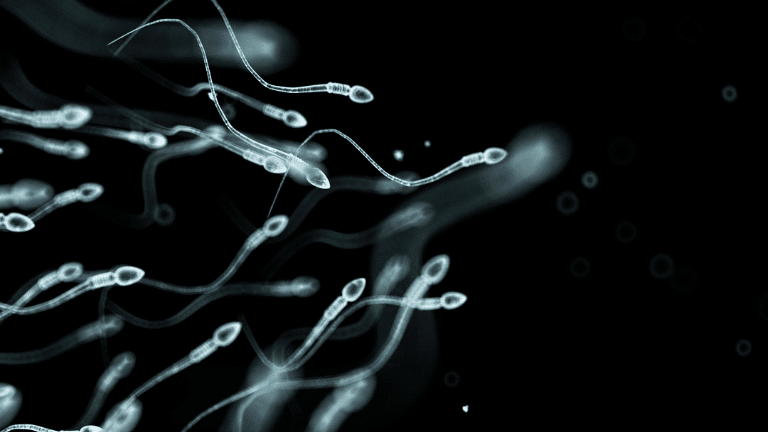
With 15% of Australian couples seeking IVF treatment to conceive and the overall quality of sperm in decline globally, researchers from the Infertility and Reproduction Research Program have unearthed a connection between lipid peroxidation that occurs in both poor sperm health and in other diseases.

With 15% of Australian couples seeking IVF treatment to conceive and the overall quality of sperm in decline globally over the past 40 years, understanding what causes sub-fertility has become an urgent matter.
Lipid peroxidation is a normal metabolic process but can become toxic to cells under certain conditions. Because sperm are so sensitive to their environment, they can be useful barometers of body-wide stress.
Researcher Elizabeth Bromfield says, “Infertility is the canary in the coal mine. It’s one of the first things to be affected if there is a problem with environmental stress.”
“There is also two decades of research to suggest that sub-fertile men die younger and live less healthy years so it’s not just about men’s ability to conceive. It’s also about their overall mortality,” says Elizabeth Bromfield
We have identified a signature of cell damage that connects poor sperm quality with autoimmune disease, cardiovascular disease, metabolic diseases like diabetes, oncologic disease (cancer), and urogenital diseases.”
“The next steps for our team is to further understand the role of ALOX15, [a protein involved in lipid damage] in the lipid peroxidation process and how it may universally lead to cell damage in many diseases. We think pharmacological inhibitors might be able to offset that damage in the short-term.” says Bromfield.
Bromfield, along with PHD researcher Nathan Burke, had their research perspectives published in Nature Reviews Urology.
Bromfield says, “What we would like to see happening is IVF clinicians directing patients towards in depth health checks and lifestyle interventions when men aged 25 – 40 years of age are presenting with poor sperm quality.”